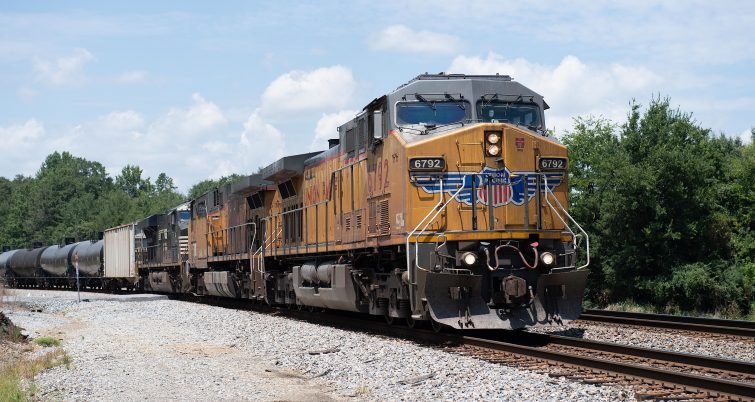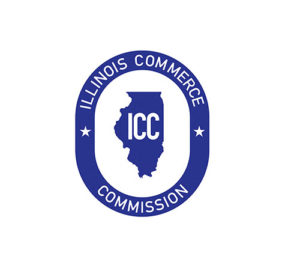Union Pacific pledges science-based targets to reduce emissions for a more sustainable future
Written by David C. Lester, Editor-in-Chief
Union Pacific recently announced its intention to set science-based targets to determine how much and how quickly the company will reduce greenhouse gas (GHG) emissions to support global climate change goals. A commitment letter was submitted to the Science Based Targets Initiative (SBTi), which independently assesses corporate emissions reduction targets in line with what climate scientists say is needed to meet the Paris Agreement goals – limiting global warming to well below 2°C above pre-industrial levels.
“As one of the nation’s largest freight railroads, it is our responsibility to act as environmental stewards, reducing emissions and enabling sustainable economic growth across our supply chain,” said Chairman, President and CEO Lance Fritz. “This is a challenging task as it means examining every aspect of our operation and looking for innovative solutions while continuing to create long-term value for our shareholders, customers, employees and the communities where we operate.”
The company’s target will use the SBTi’s Sectoral Decarbonization Approach Transport tool, which models targets for direct and indirect transportation emissions. Union Pacific anticipates finalizing its target and submitting it for approval to the SBTi within a year.
While Union Pacific works to further reduce its environmental footprint, it is important to note railroads already are one of the most fuel efficient means of transportation. Moving freight by rail instead of truck reduces GHG emissions by up to 75%. On average, Union Pacific moves a ton of freight 444 miles on a single gallon of diesel fuel.
For the latest railroad news, please visit rtands.com.





